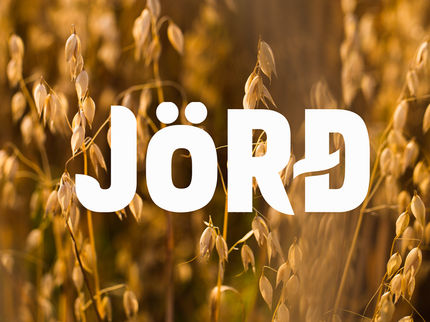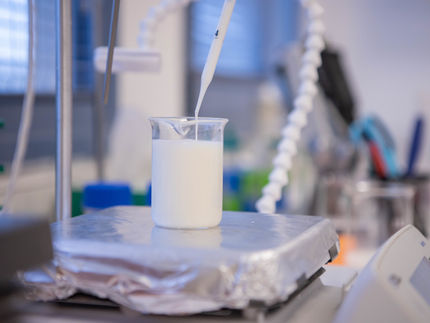Plant-based protein alternatives 2022
Vegetarian and vegan products are an integral part of the diet in this country - 73% of Germans eat them regularly
From oat milk in breakfast cereal to soy meat on the grill and vegan cheese on pizza - plant-based alternative products are becoming an increasingly natural presence on German plates. A study written by BALPro in collaboration with the consulting firm Bloom Partners, the Food Campus Berlin and the Hamburg-based market research company Appinio therefore now analyzed how consumer perceptions of alternative protein sources are developing. For this purpose, 1,000 participants were surveyed in January 2022 in a nationally representative sample (by age and gender). The result: Consumption of plant-based protein alternatives is rising steadily and the demands consumers are making are increasing.

Photo by LikeMeat on Unsplash
Around 73 percent of those surveyed in Germany said they had consumed alternative products in recent months, with consumption rising among meat eaters in particular. For example, around 58 percent of regular consumers of alternative products currently describe themselves as omnivores and around 24 percent as flexitarians.
Fewer conventional products for more animal welfare and environmental protection
Around 37 percent said they had bought fewer animal products in recent months than in the past. In addition to animal welfare and environmental protection, health-related motives and the desire to try out new things were also cited as reasons for this.
Among heavy users (consumption of plant-based products at least once a week) and light users (consumption of plant-based products less than once a week), milk alternatives, plant-based cold cuts and spreads, and plant-based sausage alternatives are particularly popular.
Implications for the industry
The Corona pandemic has created a new awareness among many consumers about the negative impacts of factory farming. At the same time, the appetite for new, healthy and environmentally friendly food innovations has increased. These developments now need to be further fueled - through contemporary storytelling that focuses on animal welfare and environmental protection.
In addition, respondents said they would like more information regarding the processing and ingredients of their food. "For manufacturers of plant-based alternatives, it will therefore be of central importance in the future not only to develop tasty and innovative products, but also to transparently close the existing information gaps with regard to ingredients, processing and environmental balance," says Fabio Ziemßen, BALPro board member. "In this regard, corporate cooperation and the inclusion of startups in the transformation process are indispensable, to which BALPro, as a nationwide network with 116 members, would like to make its contribution."
Note: This article has been translated using a computer system without human intervention. LUMITOS offers these automatic translations to present a wider range of current news. Since this article has been translated with automatic translation, it is possible that it contains errors in vocabulary, syntax or grammar. The original article in German can be found here.
Most read news
Topics
Organizations
Other news from the department business & finance

Get the food & beverage industry in your inbox
By submitting this form you agree that LUMITOS AG will send you the newsletter(s) selected above by email. Your data will not be passed on to third parties. Your data will be stored and processed in accordance with our data protection regulations. LUMITOS may contact you by email for the purpose of advertising or market and opinion surveys. You can revoke your consent at any time without giving reasons to LUMITOS AG, Ernst-Augustin-Str. 2, 12489 Berlin, Germany or by e-mail at revoke@lumitos.com with effect for the future. In addition, each email contains a link to unsubscribe from the corresponding newsletter.


























































